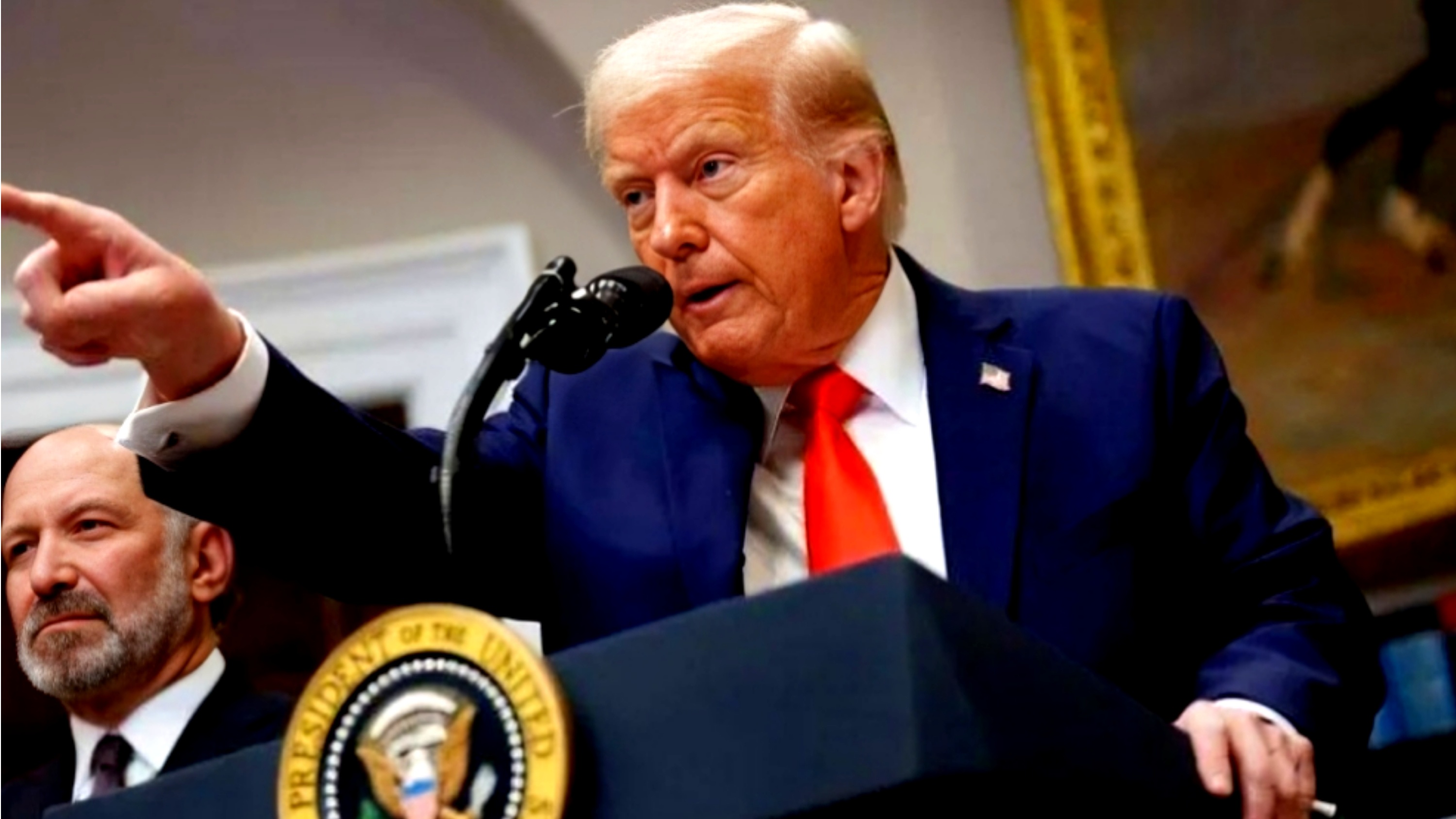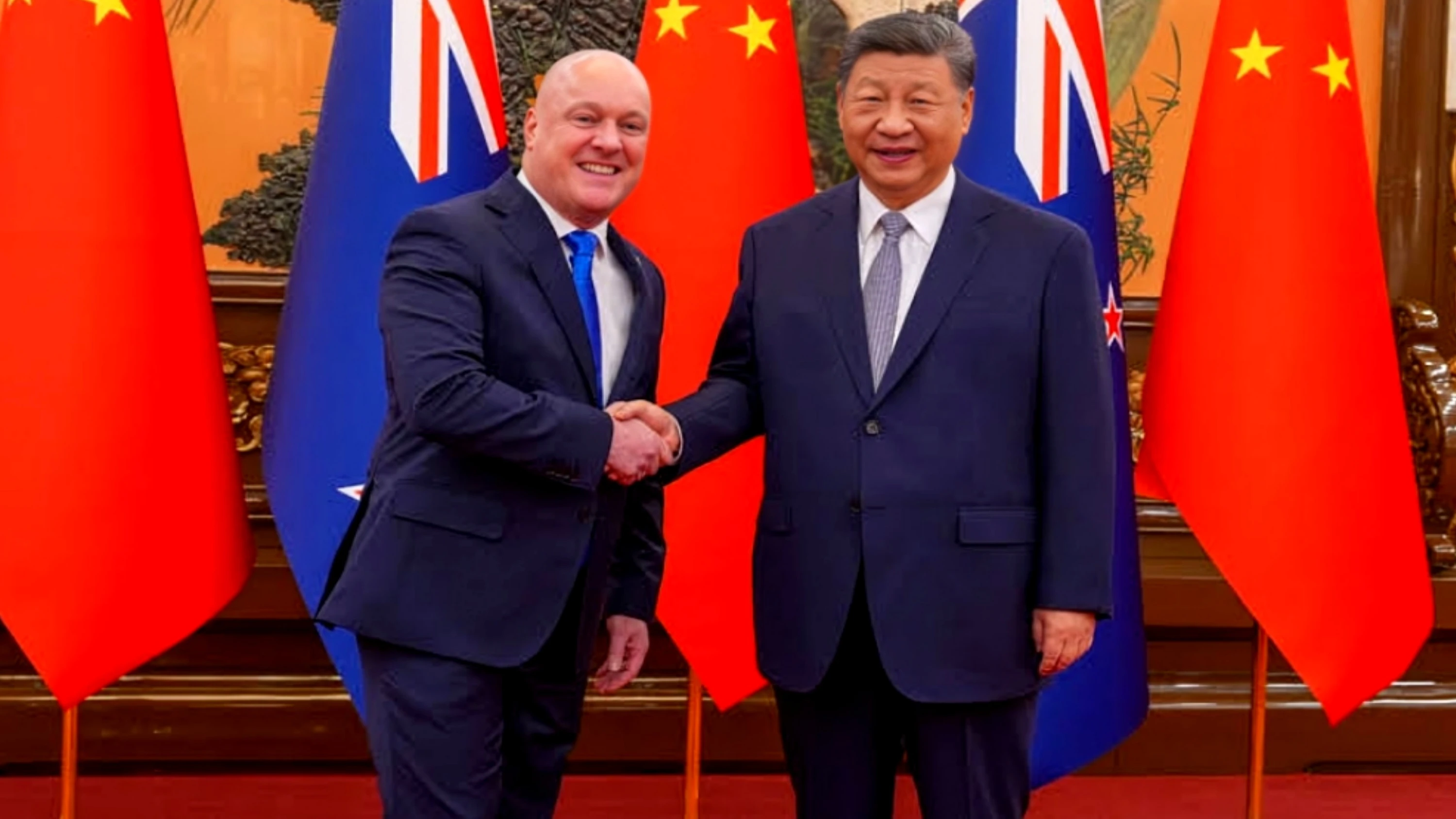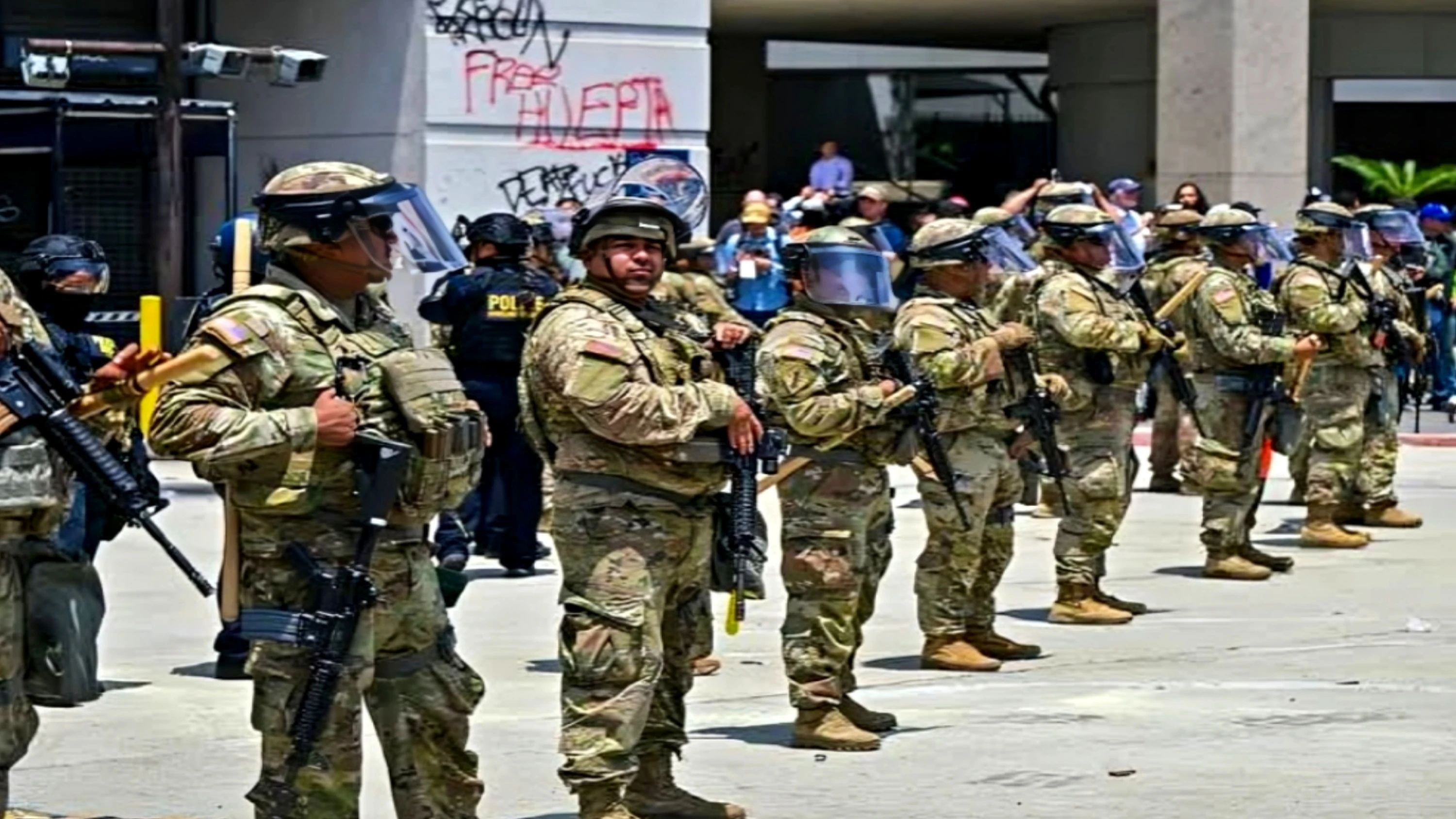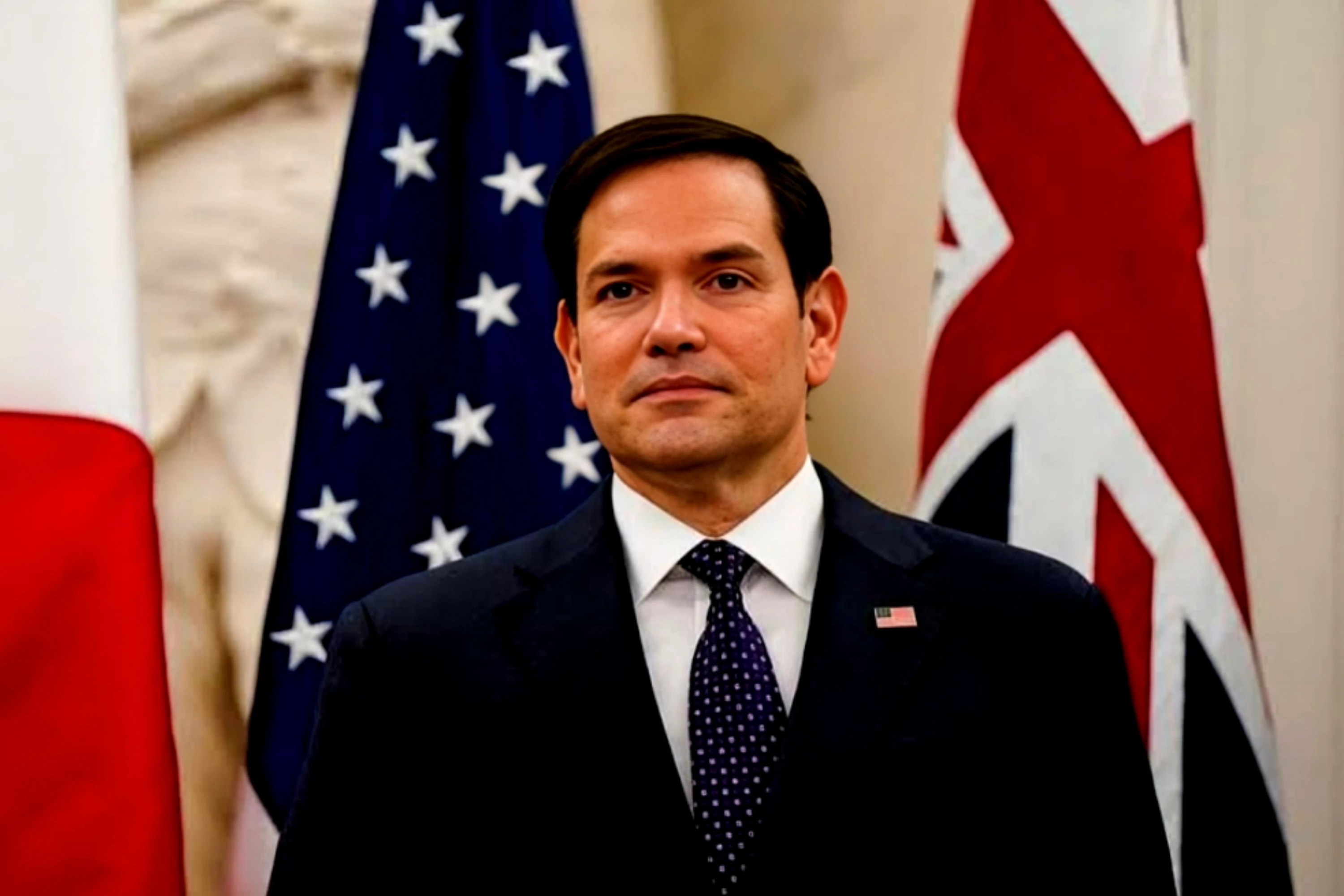Washington: The ongoing global trade conflict intensified on Wednesday as U.S. President Donald Trump vowed to respond to retaliatory tariffs imposed by the European Union (EU) and Canada.
Speaking to reporters at the White House, Trump did not specify the measures he would take but confirmed his intention to counter the latest trade actions against the U.S.
Earlier in the day, Trump had initially threatened to raise tariffs on Canadian steel and aluminum to 50% but later settled on a 25% rate after Ontario suspended an electricity surcharge on U.S. exports. He proceeded with the 25% blanket tariffs on steel and aluminum imports from several other countries, prompting swift retaliatory measures.
The European Commission responded with duties on €26 billion worth of American goods, aligning the economic impact with that of the U.S. tariffs. As part of its response, the EU will reinstate countermeasures from Trump's previous term, targeting €8 billion in American goods starting April 1, followed by additional tariffs on €18 billion in mid-April.
In a statement, the European Commission criticized the U.S. move, calling it “unjustified” and “disruptive to transatlantic trade.” The Commission added that while the EU is open to negotiations, the countermeasures could be reversed if a resolution is reached.
Canada also announced reciprocal 25% tariffs on U.S. goods worth C$30 billion (€19 billion), set to take effect at midnight New York time on Thursday. The tariffs will impact C$12.6 billion (€8.05 billion) worth of steel, C$3 billion (€1.9 billion) in aluminum, and C$14.2 billion (€9.1 billion) worth of other products. As the largest supplier of steel to the U.S., Canada’s response marks a significant escalation in trade tensions.
While other nations refrained from immediate retaliation, they expressed concerns over Trump’s tariffs. UK Prime Minister Keir Starmer stated that Britain would explore all options while negotiating a broader economic deal that could include tariffs. Australian Prime Minister Anthony Albanese condemned the U.S. decision as “unjustified” and said discussions for an exemption would continue. China did not issue a direct response but suggested the U.S. should be grateful for Beijing’s efforts in controlling fentanyl exports.
Despite rising tensions, U.S. stock markets saw a rebound, with the S&P 500 climbing 0.5% after recent declines. The rally was fueled by lower-than-expected inflation data, which raised hopes that the Federal Reserve might cut interest rates sooner. However, analysts remain cautious, warning that continued uncertainty could limit market gains.
Meanwhile, European markets outperformed their global counterparts, driven by expectations of relaxed fiscal rules for defense spending. Optimism also grew after Ukrainian President Volodymyr Zelenskyy confirmed a 30-day ceasefire agreement with Russia. The euro remained strong, trading just under 1.09 against the U.S. dollar.
In Asia, markets showed mixed performance. Japan’s Nikkei 225 and South Korea’s Kospi posted gains, while Australia’s ASX 200 and Hong Kong’s Hang Seng Index declined in early Thursday trading.








